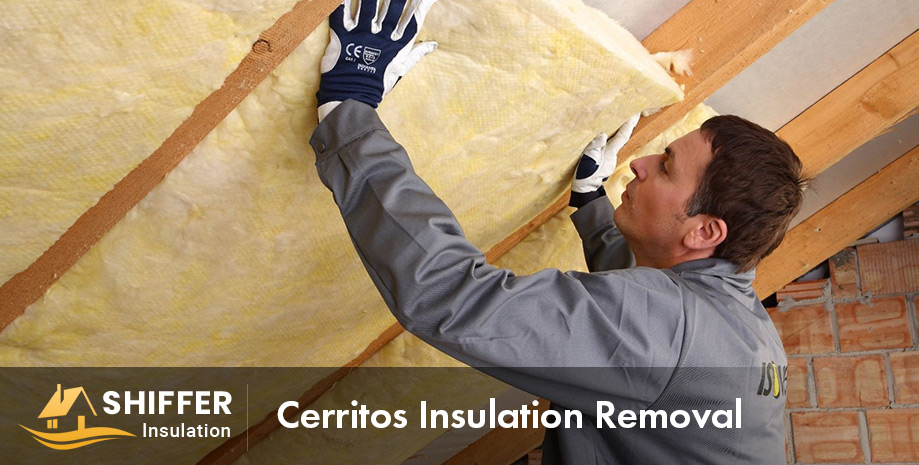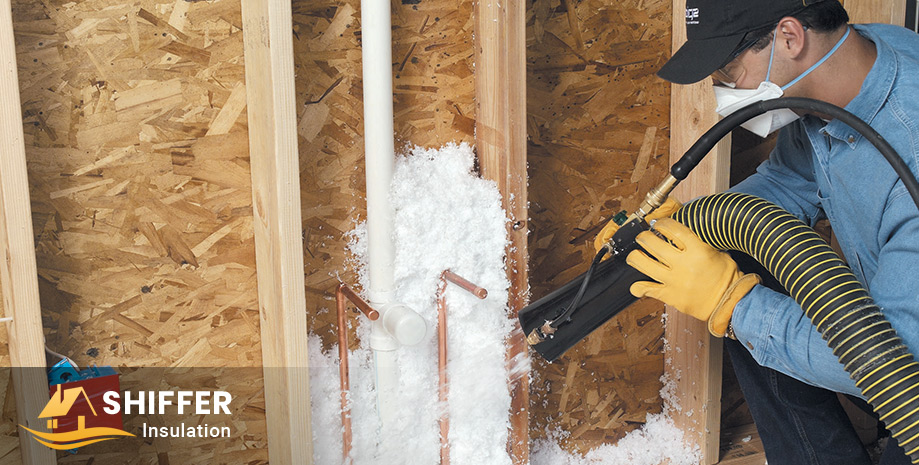It is crucial to understand various insulation materials and their corresponding R-values when contemplating insulation replacement. Let’s delve deeper into this pivotal aspect:

| Insulation Replacement | Description |
|---|---|
| Upgrading Insulation | This type involves replacing existing insulation with higher R-value materials to improve energy efficiency and thermal performance. Upgrading insulation can reduce energy consumption and lower utility bills, creating a more comfortable living space. |
| Contaminated Insulation Replacement | When insulation is affected by mold, pests, or other pollutants, it requires removal and replacement with fresh, uncontaminated materials. Contaminated insulation replacement ensures a clean and healthy living environment, eliminating potential indoor air quality issues and promoting the well-being of occupants. |
| Fire-Damaged Insulation Replacement | After a fire incident, compromised insulation is removed and replaced with new, fire-resistant materials, restoring the property’s thermal performance and safety. Fire-damaged insulation replacement is essential to ensure the building’s structural integrity and protect against future fire hazards. |
| Asbestos Insulation Replacement | Certified professionals safely replace insulation with asbestos-free materials to eliminate health risks if insulation contains asbestos. Asbestos insulation replacement is critical for creating a safer living environment and complying with health and safety regulations. |
| Renovation or Remodeling | During home renovation or remodeling, insulation replacement may be necessary to accommodate structural changes or upgrades. Ensuring consistent energy efficiency throughout the updated space, renovation, or remodeling insulation replacement optimizes the property’s insulation performance, enhancing indoor comfort and reducing energy costs. |
In Cerritos, specific insulation replacement regulations are absent; however, adherence to the California Energy Code (CEC) is crucial. For homes constructed before 1980, attic insulation must be replaced with a minimum R-38 rating.
Homes built between 1980 and 2000 require a minimum R-30 rating, while those built after 2000 need a minimum R-38 rating. The “Cerritos Green Building Program” complements CEC requirements.
This voluntary initiative incentivizes energy-efficient home upgrades, including insulation replacement. Benefits encompass cost savings, enhanced home comfort, reduced noise pollution, and improved energy efficiency.
Insulation replacement is a strategic investment that impacts both energy efficiency and long-term savings. Understanding the cost dynamics of this process is essential for informed decision-making. Here’s a breakdown of key factors influencing insulation replacement costs:

Accessibility: Attic or wall insulation replacement can be more expensive if access is challenging, impacting labor requirements.
Elevate home efficiency with Shiffer Insulation in Cerritos. Our experts follow local guidelines, using advanced materials for energy savings. Schedule a free assessment today for a cozier, eco-friendly home. Contact us now for Cerritos’ best insulation upgrades.
Insulation replacement is necessary to improve energy efficiency, maintain indoor comfort, and address damaged or contaminated insulation.
Signs include fluctuating indoor temperatures, increased energy bills, and poor insulation performance. A professional assessment can determine if replacement is required.
Upgrading to more efficient insulation can save energy and lower utility costs.
The best type depends on the climate, budget, and specific insulation needs. Consult insulation professionals for personalized recommendations.
Partial replacement is possible, but consider replacing the entire insulation system for optimal performance.